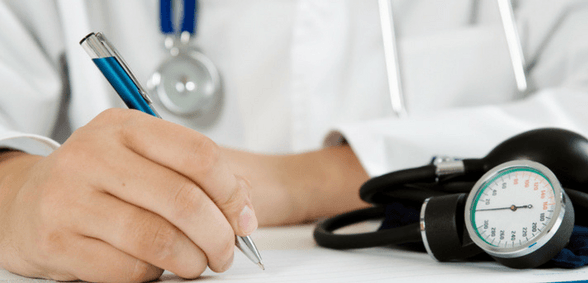
GMC has published new guidance on reflective practice providing clarity and support for doctors and medical students
The new GMC guidance, The reflective practitioner, has been developed to support doctors and medical students with reflection.
The guidance emphasises the importance of reflection for personal development and learning and supports medical students, doctors in training and doctors engaging in revalidation on how to reflect as part of their practice. It has been developed jointly by the Academy of Medical Royal Colleges, the UK Conference of Postgraduate Medical Deans (COPMeD), the General Medical Council (GMC), and the Medical Schools Council.
It further highlights how reflection can drive improvements in patient safety.
Welcoming the new guidance, MDDUS joint-head of the medical division, Dr John Holden said:
“We warmly welcome this new GMC guidance that encompasses all the key aspects of reflection into one document. It should provide doctors and medical students with clearer direction and an understanding of how to implement reflective practice.
“Reflection is an essential part of helping a clinician’s self-development. Those who reflect on their everyday practice are considered to be insightful.
“MDDUS has advised its members for many years to engage in reflective practice. We believe that this raises standards, ensures doctors meet their regulatory obligations and can provide a degree of protection in the event of criticism of a doctor’s actions.
“We particularly welcome the document highlighting the importance of learning outcomes as the key aspect of reflective practice. Being able to learn through reflection is crucial to assisting doctors with education, training and development. We are reassured that the GMC will not use these reflective notes in order to investigate a concern.
“We would also like to remind members that they should contact us at the earliest opportunity if they are faced with any incident, claim or complaint. Reflection is not a substitute for reporting significant events or serious incidents.
“Doctors should also contact their medical defence organisation when a disclosure request of confidential patient information is received.”
Don’t forget to follow us on Twitter, or connect with us on LinkedIn!

Be the first to comment